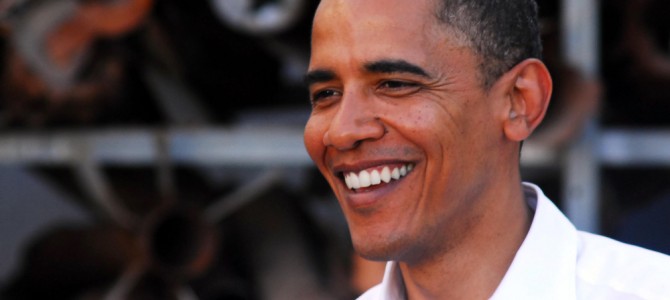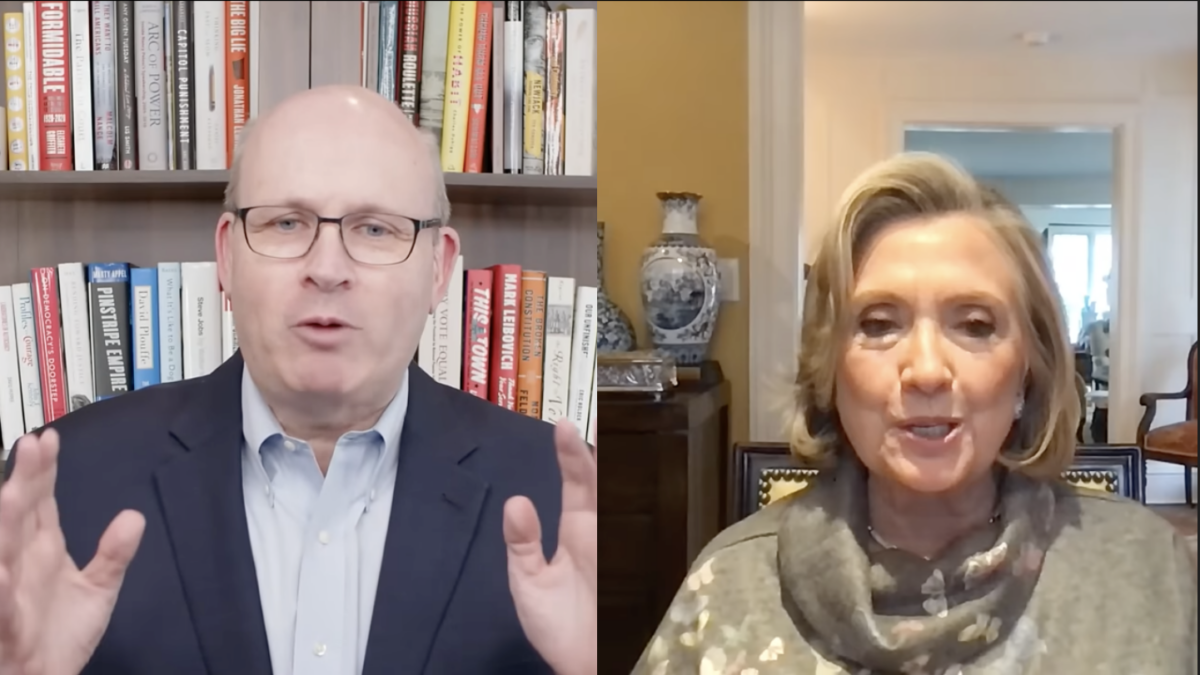
President Obama’s deal with Iran over its nuclear program will have catastrophic consequences for U.S. security and that of our allies, not to mention the millions of innocent civilians now doomed to a prolonged and bloodier Islamic civil war that might well ultimately be settled by a nuclear confrontation when Iran gets the bomb—which is only a matter of time now.
On Monday, Iran’s nuclear program was illegal and by Tuesday it was not only legal but on a path to fulfill all that the mullahs have envisioned of it. As the public and the Congress review the agreement in detail, we’ll see even more clearly what is already evident: the United States gave up its most important redlines in exchange for Iranian promises that an inadequate inspections regime are to verify.
Iran gave up almost nothing and got most of what it wanted, maybe more than it dreamed possible: almost immediate ending of the United Nations (UN) sanctions, a lifting of the embargo on conventional weapons and missiles (that can reach us) and relief from various other sanctions that will provide them with a windfall of revenues and unfrozen assets. All that cash will be used to solidify the regime’s hold on power at home, to foment more terrorism and mischief abroad, and to make Iran the de facto regional hegemon.
Either Obama Was Lying, Or He Failed
To get this deal, the United States gave up on its long-stated goals—goals set years ago and regularly avowed by the administration, some as recently as a few weeks ago.
So an important question is: Was the president sincere from the beginning regarding his stated goals in seeking a deal with Iran? Was he serious about his stated policy of terminating the Iranian nuclear program to prevent them from enriching and developing a weapon? Was it ever his goal to achieve anytime, anywhere inspections at any facility, military or civilian, known or discovered later?
If he was sincere about these goals, then he failed. It is not credible to say “things changed during the negotiations” so we had to change the goals. Goals must be set at the outset with clarity. Don’t set them and don’t draw redlines you cannot or will not enforce. Things did change, alright, but in ways that should have made the administration either walk away or apply more pressure. Iran was found cheating during the negotiations, and the administration simply played the lawyer for them. That emboldened Iran to up its demands, thus for lifting sanctions on conventional weapons totally unrelated to the nuclear program.
Of course, when you negotiate, you expect to see the other side play honestly and with earnestness to reach a deal, yet Iran’s leaders repeatedly provoked the other side with harassment of shipping in the Persian Gulf and detaining American citizens, not to mention participating in rallies denouncing the United States with chants of “death to America” and “death to Israel,” avowing the utter destruction of the latter. So much for good-faith negotiations. As former Israeli ambassador to the UN Dan Gillerman noted, the P5+1 sat across the table “treating Iran as though it were Switzerland,” as though it were a normal nation that seeks to cooperate with the world and for the interests of peace rather than the world’s most notorious terror state and sworn enemy of the United States and our allies.
If the president was never sincere about the goals he set, then he acted in bad faith, and worse so than the Iranians, since no one (who is reasonable) expected the Iranians to act in good faith but certainly everyone—including his countrymen and the Congress with which he made a deal on the deal—expected him to act in good faith.
Why Obama Wanted a Deal With Iran
Despite whether we can ever know if the administration was sincere in its stated goals, we (and the Iranian regime) know there was always one goal from which he would not be deterred: he would have a deal, because in his mind it was the right policy for the United States. I am well aware that many consider the president’s motive to have been legacy-building, and I agree there is plenty of reason to think that, but for this essay I’ll stick with the president as one trying to be a noble statesman serving his country’s interest and that of world peace.
So what made the president believe that a deal, even one where he gave up on all his important goals, is the ultimate good? What understanding of Iran and the nature of the international system has so gripped him that he was determined to achieve a deal no matter what?
I’ve written before that Obama’s view of the world says U.S. power and influence cause more harm than good; that our strength is really our weakness because it provokes reactions. But I have continued to look for a more satisfying reason as to why he would make this catastrophic deal with Iran. There must be something that drives the president to believe he can unlock a latent goodness and beneficence in the Iranian regime by doing something dramatic and unconventional. Maybe something like “turning the other cheek.” Maybe Obama is driven by an impulse to embrace one of Christianity’s most important principles for being a peacemaker. But in this case the president—like a lot of Christians and non-Christians often do—is misusing this principle. Christ was talking about interpersonal relations, not statecraft.
I think the president revealed a lot about what is motivating him in his victory-lap press conference. As with Cuba, the president said Tuesday that he believes the policy and approach that preceded him on Iran was simply “hostility” that didn’t work. (Never mind that his own administration agrees congressional sanctions brought an economically crippled Iran to the negotiating table; that was a hostile act deserving plenty of huzzahs.)
Just Be Nice to Thugs, and They’ll Reform
The president has been determined to prove since before his election that the reason Iran is so troublesome is because the world, in particular the United States, won’t be solicitous of it, nice to it, accommodating to it, and won’t extend the hand of cooperation and make it a friend and ally in bettering the world.
That is what this whole deal has been about from day one. Obama’s motive has always and only been about demonstrating the validity of his theory that if we will be nice to Iran, bring it in from the cold, “turn the other cheek” to its understandable bad behavior, then it will reciprocate. It will even become a force for peace and stability in its region.
The administration ignores that Iran’s revolutionary regime has never been interested in friendship with the West or the United States. As a regime led by religious zealots provoking an ethnic and inter-religious civil war, it is by definition incapable of seeking the good of anything other than itself. That’s not a guess on my part: the history of the regime is replete with bad behavior and bad rhetoric; it has brutalized its citizens while it murders Americans, Israelis and others, and it does so even today. The deal even lifts sanctions on the leaders in Iran who are responsible for these crimes—they are about to get richer as they benefit in a corrupt regime from increased economic activity, martial and civilian.
Well, the president has his deal. Only the Congress has a chance to undo it. It is likely that Congress will disapprove the deal by a simple majority but fail to overcome the president’s veto. Then we’ll surely see if the president’s theory is valid. We’ll see if Iran slaps the other cheek.








